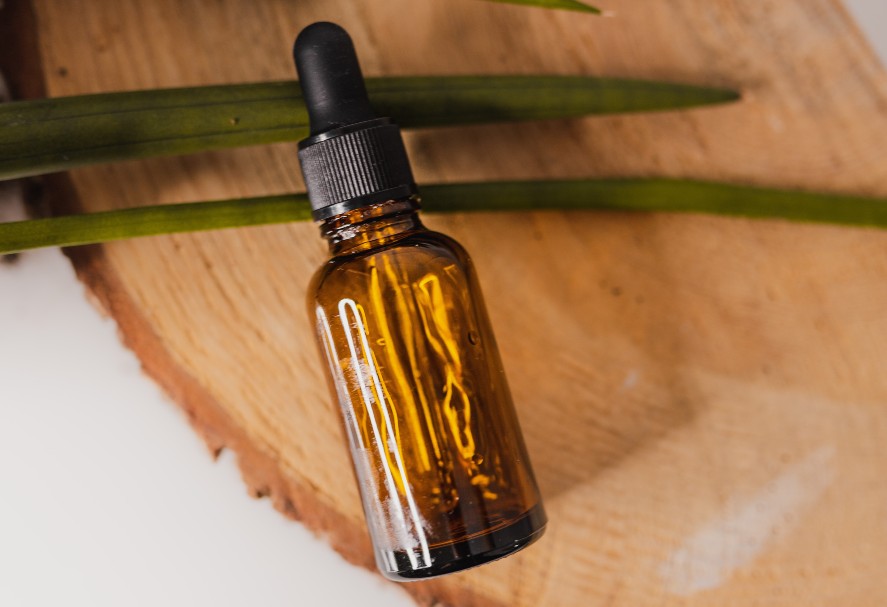
Does lemon balm, honey balm, balm mint or just mere balm ring a bell? Well, these are some of the most common names for the plant. Its lemony fragrance is sometimes confused with lemongrass, but the therapeutic uses of melissa essential oil far outweighs the latter.
Arabs used it in early times to alleviate anxiety and gloominess, and it was also known as a tranquilizer and nerve tonic within their community. Melissa essential oil has relieved bronchitis, asthma, cramps, dizziness and digestive disorders among others. Its nerve relief attributes include calming nervous tension and nervous asthma and can even help defeat insomnia, stress and headaches. Unlike most drugs used to treat illnesses of the nervous system, melissa is claimed to be safe and non-addictive.
It is able to create balance where there is emotional stress and pressure. It clears the mind and has the ability to help you relax with its soothing scent.
Cold, flu, fever, congestion and cough are some respiratory ailments it soothes. Melissa essential oil is believed to decrease the effects of herpes and mumps due to its ability to ward off viral infections. For problems associated with PMS and menopause, it can calm the body with gentle relief.
If you struggle with skin disorders on a regular basis, you might find relief using this oil as it is believed to treat eczema, psoriasis and dermatitis.
Melissa essential oil is pricey and usually adulterated with lemon grass to produce a less expensive oil of minimal effect. If you want complete benefits of its pure form, you may want to consider investing a little more money to get that original essential oil instead.
